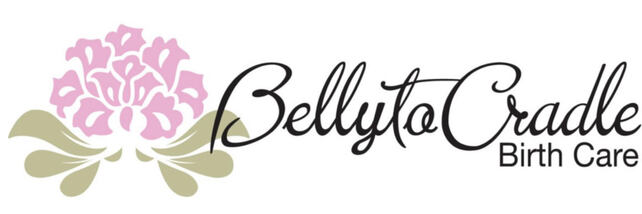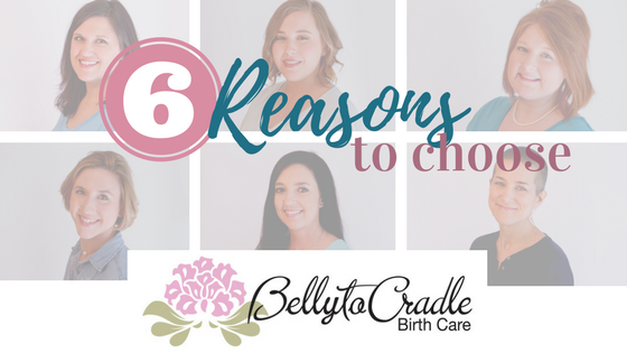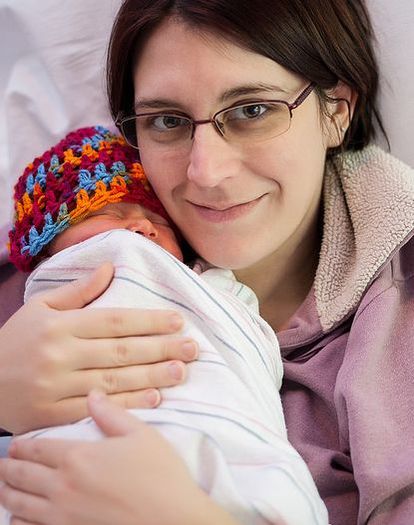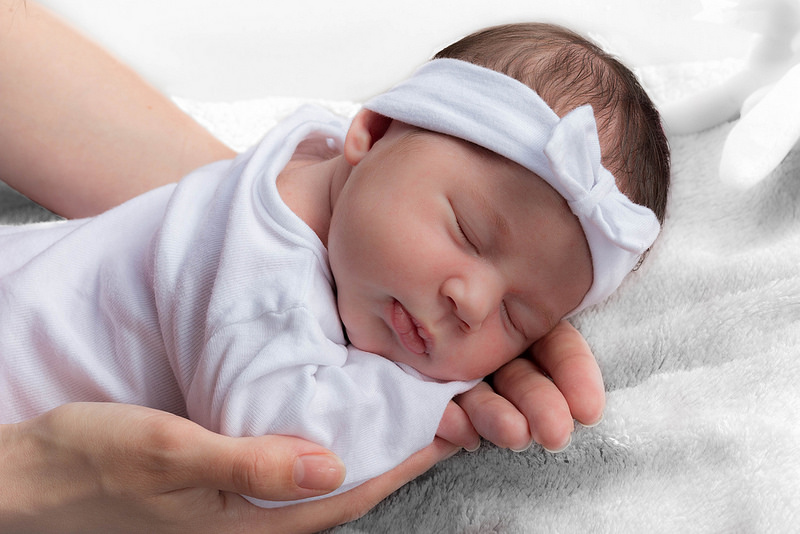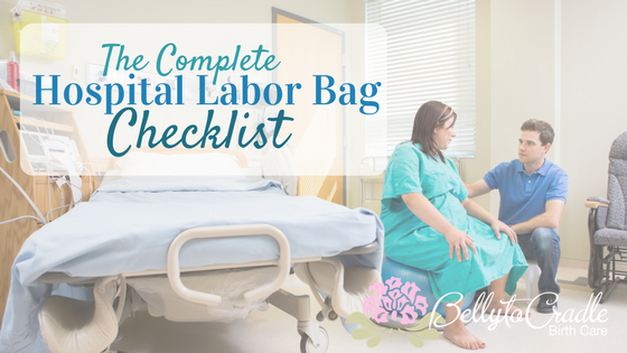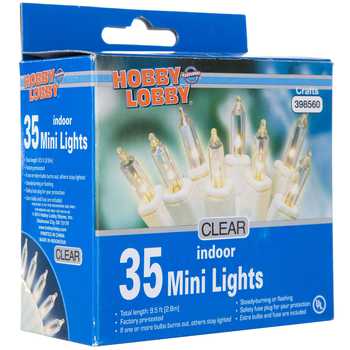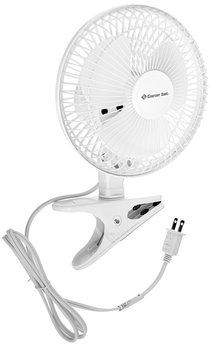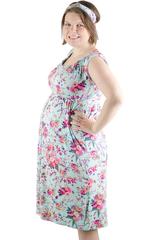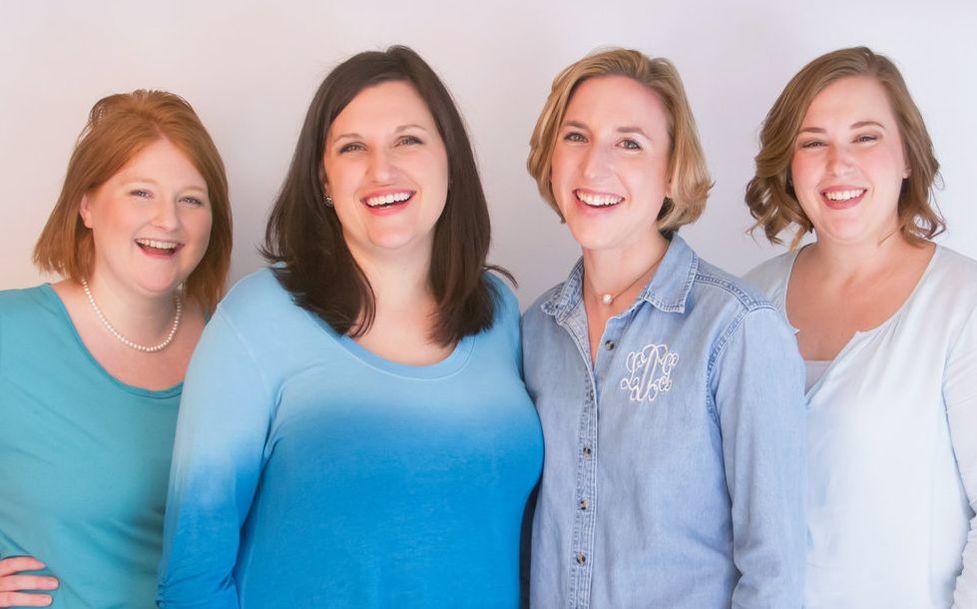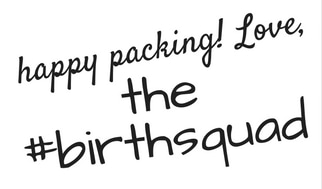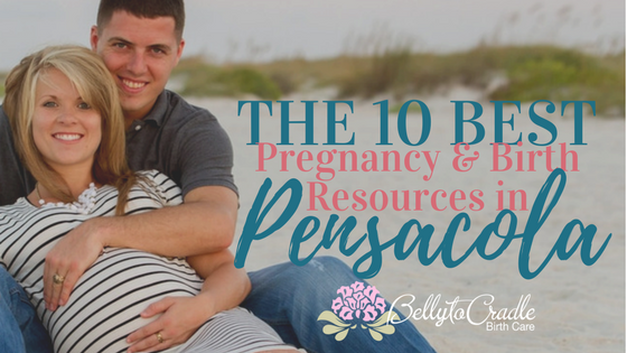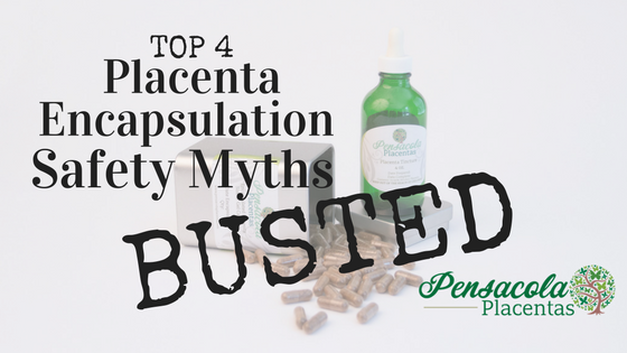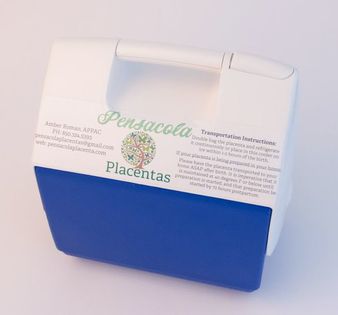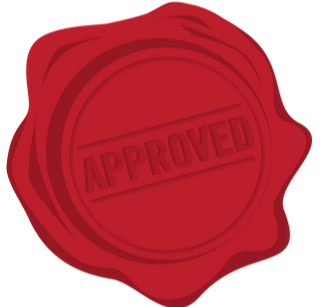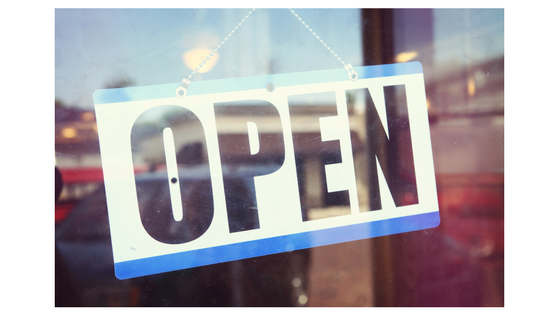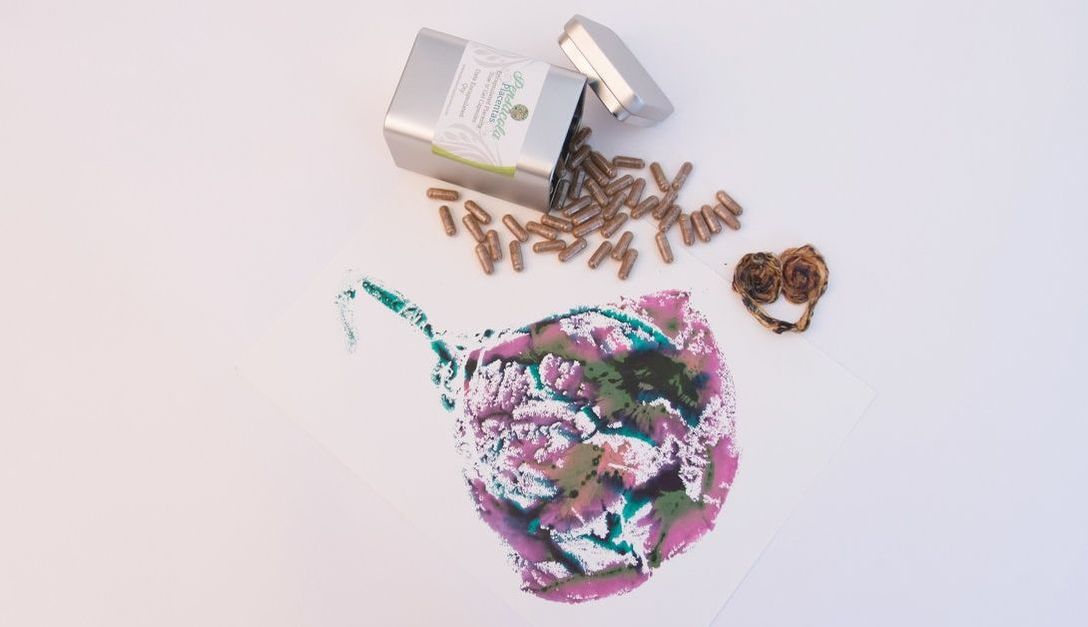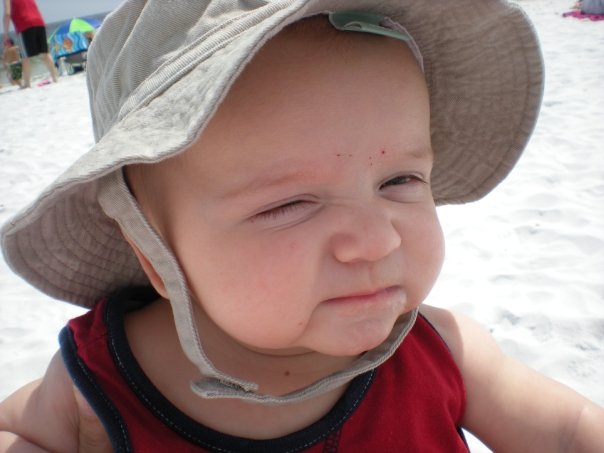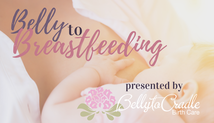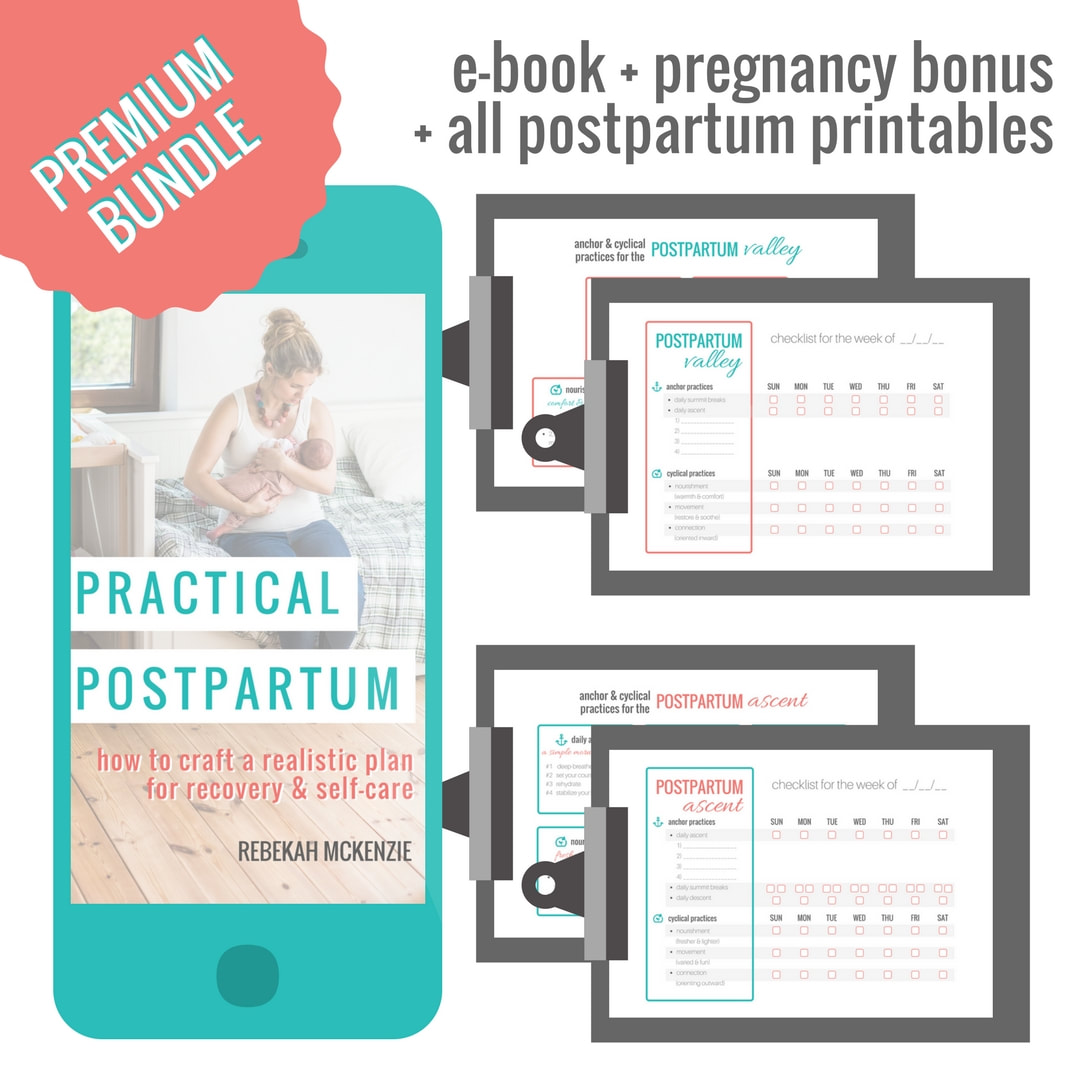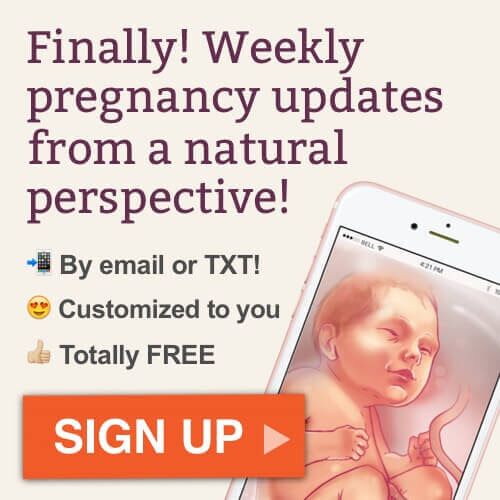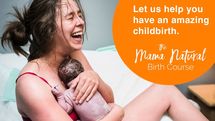 Lydia DeCastra Lydia DeCastra As early as I can remember, my grandmother always said, “it takes a village to raise a child.” Although she usually repeated this proverb to comment on the Jones baby’s outbursts at church on Sunday or to justify disciplining children at the local supermarket, this proverb took on a whole new meaning when I joined the Belly to Cradle team. Today I feel compelled to share some facts that make The Belly to Cradle Team unique in the world of birth care. #1: Diversity of Caregivers Talk about a village! At Belly to Cradle, you can personally choose the caregiver that best meets your desires and needs as a client. With four professional doulas and two board certified lactation consultants all with different backgrounds, personalities, life experiences, certifications, service fees, and all living in different geographic areas within the Greater Pensacola, FL, to Mobile, AL, you the client are more likely to find a caregiver that perfectly suits you and your family’s needs. #2: Continuity of Care When you hire Belly to Cradle, you’re not just hiring your individual birth doula or lactation consultant, you’re actually hiring a whole network--a whole force of knowledgeable, caring, professional women! Because we are a group of women in business together, we as a group are accountable to not only all of our clients but to each other. If due to some disaster or unforeseen circumstance your individual doula or consultant cannot make your appointment or birth, another Belly to Cradle caregiver will be on the way and will be able to seamlessly fill-in at no additional cost. Talk about great insurance! Even more wonderful, is your ability as a mother and a parent to enjoy continuity of care with a business that you trust. Maybe you begin your Belly to Cradle journey by hiring a doula for your first birth and afterwards hire one of our lactation consultants to help your baby establish a better latch. Or maybe you needed some breastfeeding help from a lactation consultant and through your positive experience with Belly to Cradle decide you want to hire a doula for your second birth--however you choose to utilize our care, we are a "one-stop-shop" of caring, collaborative birth professionals. #3: In-Home Care! Going back to the grandma chronicles again; I always remember that dear old woman muttering under her breath about having to get all ‘dolled up’ to go see her various caregivers for appointments. “I remember in the good old days when people used to come to you,” she’d declare. At Belly to Cradle, just like grandma says, ‘we come to you!’ Don’t worry about the 3 day old breast milk sitting on the kitchen counter, laundry in piles on the couch, your toddler’s half consumed juice pouch stuck between the crevices of your couch. We’ve all been there…done that. Don’t stress! You just stay in your yoga pants and an old t-shirt and let us take care of the rest. #4: Invaluable Connections and Local Resources Belly to Cradle has been serving the greater Pensacola, FL area since 2011 and we have worked very hard to build and maintain a strong, professional reputation within the medical and birth communities in the local area. As our client, you will have access to countless resources during and after your pregnancy to chiropractors, photographers, midwives, massage therapists, many of which Belly to Cradle has a close, established working relationship with. In addition, depending on the additional service that you need, you may qualify for a discount of 10-20% off services with some of Belly to Cradle’s preferred business partners listed on our website. #5: Alternative Payment Options We understand that having a baby is expensive--and the thought of spending more than you absolutely need to for the cost of your care can be overwhelming. So, we offer various different payment methods and rates. Aside from offering a military discount to clients, our Gift Registry allows loved ones and friends to give you the invaluable gift of pregnancy, labor, and postpartum support by gifting contributions toward your balance with us. We also are willing to put your doula care payments on ‘layaway’ if you are not able to pay in full for services. We will work with your unique financial situation and will keep an account of payments made via our convenient and easy Payment Portal. While we can't currently take insurance payments, we ARE approved to accept HSA and FSA cards as payment for any service that we provide. Now that’s something to get excited about! #6: The Belly to Cradle Family
At Belly to Cradle our relationship with you and your family does not end after your final prenatal appointment with your doula or your last house visit from your lactation consultant. We stay in touch and will get you in touch with other local Belly to Cradle moms and families through Facebook groups, local events, and Belly to Cradle hosted mommy- baby get-togethers. You will be part of our Belly to Cradle Family. Birth is transformative. Ordinary women blossom into mothers, ordinary men become fathers…and the family takes root. Whether this is your first birth or your tenth, the process is messy, chaotic, unpredictable, but yet so incredibly beautiful. And we, the women of Belly to Cradle, LLC can’t wait to squat, push, and latch with you on the road to a happy, healthy birth and family experience!
1 Comment
Probably one of the the most common question we get from clients and see on mommy group threads is "What should I pack in my hospital bag?" So we decided we would not only poll our own clients to find out what their favorite must-haves were, but we also decided to share our very own recommendations via the printable PDF checklist we usually only share with clients! (It's at the end of this post.) The Hygenic Stuff. Believe it or not, Depends (yes, the adult incontinence garments) are top on the list of labor and postpartum must-haves. Of course, don't forget the other stuff--like your own soap, shampoo, grooming tools (do NOT forget your brush and hair ties!) and maybe a touch of makeup to make you feel human, but our clients LOVE Depends--specifically the Silhouettes brand which come in black, nude, and even purple. They are discreet, don't leak, and can just be tossed after use, reducing the amount of dirty laundry you have to take home with you! They also don't bunch up or press on the sensitive lady parts like pads do. (When Amber saw them at a recent birth she *almost* swore off underwear all together in favor of these things). Another top must-have is chapstick. "I remember my lips being so dry when I was breathing through contractions," our client Melissa says, so maybe toss a few tubes in your bag. The Electronic Stuff. In the Information Age, electronics are now a necessity, especially at a time like the birth of your child. After all, your family might die of FOMO (Fear of Missing Out) without your labor Snapchats, and you might want to Facebook Live yourself dancing in labor in an effort to go viral. And you HAVE to have a camera to take a TON of pictures, right? "My laptop was gold," Anna says. "We used it to watch movies and shows in early labor to keep us distracted." Also, a Bluetooth speaker is a great way to play your labor playlist. But don't forget all the requisite chargers for all your separate electronic items. Loryn suggests bringing a LONG charger cord or cordless charger in case the hospital outlets aren't conveniently located. "I never had a cord long enough to reach my bed in the middle of the night when I was nursing and needed my phone," she remembers. The Environmental Stuff. If you've hired a doula, it's likely she will help you set up your labor space with lighting and music, but you can take that same labor vibe into your postpartum room using things like ambient lights and fans. "Take a small lamp," Chelsey recommends, "so you don't have to turn on the overhead light for middle of the night changes, and it's just more relaxing in the evening." Anyone who has birthed with us knows our absolute favorite must-have is a strand of white Christmas lights. "We brought [a strand of] lights and after delivery we put them up in the recovery room," Lauren says. "It was glorious and kept the room cozy and calm." We love strands of lights because they add just enough light to the room at night to see what you're doing without disrupting sleep. We recommend a 20-35 bulb strand so it doesn't get too bright--Hobby Lobby & Walmart both carry them in the wedding section. Consider getting a strand for the room and one for the bathroom to keep the lighting dim and constant. This is SO important during birth and postpartum since bright lighting can disrupt the production of melatonin which contributes to the production of oxytocin, a hormone essential for labor, birth, and breastfeeding. Also, the hormones associated with labor and birth can make your body temperature during labor and postpartum shift from hot to cold at a moments' notice, and you may have little or no control over the room temperature, so a small clip-on or table top fan that you can easily move wherever you do is also a must-have. The Clothing. It's totally easy to over pack on the clothing front. Our recommendation is to keep it simple and pack a few really comfortable, loose, easy-to-layer clothing items that are also easy to put on and take off. You may still have quite the baby bump even post-baby so don't pack anything that you are even slightly doubtful you will fit into. For labor, consider that you may be dealing with the cords involved with an IV, epidural, and monitors, so you may need to pack even less if you choose to use the hospital gown. There are plenty of options for buying your own, prettier, labor gown (like Pretty Pushers, which are sold locally by ShoMe Prenatal Imaging, or the ones carried by Latched Mama), but some moms may want to save those to change into after the birth so they don't get icky and messy during the birth process. Loryn says that she brought her own lightweight robe. "It made nursing super easy and it was quick to close when visitors came by. It also made those 15-minute-long bathroom visits easy to manage." Don't forget to pack clothing for your partner and the baby, but once again, keep it simple--two or three changes of clothing are usually enough. You aren't packing for a week-long cruise to the Bahamas, after all (although I am sure all moms everywhere wish this were the case). The Linens. It's so nice to use the hospital linens during the birth process, not only because you may go through fourteen sheets and sixty-five towels in between trips back and forth from the bathtub to the bed, but also because (like the hospital gown) you just don't have to worry about all those bodily fluids ruining your favorite pillow or blanket. BUT sometimes, a familiar bedding item can really help increase your oxytocin levels (sensory input is also a necessary part of labor efficiency) and just make your room more comfy. For labor, we suggest one or two favorite bedding items that you wouldn't be distraught over if they got doused in amniotic fluid. But for postpartum, bringing your own pillow, blanket, and towel can be really helpful. "Those hospital towels = sandpaper and doll-sized," Anna comments. The Stuff You DON'T Need to Bring. While this list might seem sort of long, and even exhaustive (after we said to keep it simple!) there are actually things you really DON'T need to bring to the hospital. It's always a good idea to check ahead of time with your birth place to avoid making assumptions, but in our experience, hospitals usually provide:
 Lauren, CLD, PES Lauren, CLD, PES Isn’t summer in Florida fantastic? The beaches, the unpredictable weather, the hair-raising humidity… Pregnancy in the southern summer can be agitating. Researching the best local resources can be even more frustrating. So I’ve compiled a list of shops, groups, meetings, and people that I personally recommend as a must visit, do, or buy during and after pregnancy. 1. Chiropractic Care Carrying another human life inside you can take a toll on your entire skeletal system. Dr. Kaitlin Ross at Joint Venture Chiropractic will take the highest standard of care for you and your little one before and after delivery. Babies can benefit from chiropractic care as well. Click here for more information on infant chiropractic care. 2. Le Leche League Pensacola Breastfeeding isn’t always easy. Finding a support group doesn’t have to be. LLL of Pensacola holds meetings “to help mothers to breastfeed through mother-to-mother support, encouragement, information, and education, and to promote a better understanding of breastfeeding as an important element in the healthy development of the baby and mother.” You can find their meeting schedule on their Facebook Page. 3. ICAN of Pensacola A newest resource for cesarean birth mothers is the Pensacola Chapter of ICAN (the International Cesarean Awareness Network). ICAN is a “nonprofit organization whose mission is to improve maternal-child health by preventing unnecessary cesareans through education, providing support for cesarean recovery, and promoting Vaginal Birth After Cesarean (VBAC).” This could be a turning point for VBAC rates in Pensacola, and it is certainly a much-needed resource here since as many as 1 out of 3 moms in Pensacola have had or are facing cesareans. 4. Storkland Now, if you’ve ever been to Storkland, GET OVER THERE, GIRLFRIEND! You can get lost in there. Truly. Tell a trusted friend to call and check on you if they don't hear from you by a certain time. DO NOT tell your significant other (JUST KIDDING). They have EVERYTHING ranging from breastfeeding supplies, amber and hazelwood jewelry, car seats, baby wearing products, cloth diapers, and every nursery theme you can think of. Storkland is one of those places that carries many products that you can’t find it at chain department stores. They also provide gift wrapping and specialized registries. Be careful sitting in their nursery rockers, you may never get up. 5. Emerald Coast Birth Resources A list of local professionals ranging in knowledge from birth, mental health issues, breastfeeding, caring of the newborn, and fitness can be found here. Aside from brick and mortar resources, the support of fellow mothers and credentialed professionals is essential to making your journey from pregnancy, through birth, and into parenthood as smooth as possible. 6. L.E.A.P.S. “Love, Encouragement, and Postpartum Support” is the motto of this fantastic mothering support group. Connecting with other mothers and being able to open up in a safe space can take the world’s weight off of your shoulders. Being a parent is tough cookies, you don’t have to do it alone. They meet twice a month at the Community Educational Center at Ever'man's Cooperative Grocery. AND just this week, they have added two new meetings specifically for parents of black and brown babies! See their Facebook page for more information on meetings. 7. Pensacola Therapy Services Did you know that approximately 1 out of 7 women will experience a mood disorder such as depression, anxiety, or OCD? And mood disorders aren't just for the postpartum timeframe! They can happen during pregnancy as well. We are so fortunate to have this amazing resource in the area--the owner of Pensacola Therapy Services, Eileen Wolfe, has done extensive training with PSI (Postpartum Support International) and specializes in the diagnosis and treatment of mood disorders pertaining to pregnancy, birth & the postpartum. If you or someone you know is pregnant or with a new baby, and struggling with feelings or thoughts, contact Eileen today through her website! 8. Maternity, Birth & Newborn Photography You always want to have the perfect photos for the once-in-a-lifetime moments. Amanda at Finding Beauty in the Ordinary specializes in everything pregnancy, newborn, and family (in fact, she took many of our website pictures as well as the picture in the blog header!). If you desire to capture the precious moments of birth, Natalie Zepp or Cassie Ringl would be the people for you! 9. Mom-Baby Circle Ever need a moment to just sit and have non-structured adult conversation? Located at Old Thyme Remedies, Mom-Baby circle meets several times a month. Moms with babies and toddlers 3 years old and under are welcome to drop in. There’s no fee and it is facilitated by Belly to Cradle’s doulas (come see ME!). You can visit their Facebook Page and click on the Events tab for their next meeting time. 10. The Belly to Cradle Resources Page Looking for a childbearing resource not listed here? Pregnancy-specific fitness options, health food stores, or a list of all the OBGYNs in town?? Then have we got the directory for you! We have worked hard to provide a robust list of all the possible services YOU might need for your pregnancy, birth & postpartum--and if you know of a resource that's not on the list, or you are a provider and would like to be added, PLEASE contact us--we'd love to know about it! Happy Summer-ing! Your Doula With Pearls, Lauren  Amber, RN-BSN, ICCE, ICD Amber, RN-BSN, ICCE, ICD Back when I first started encapsulating placentas, way back in the olden days of 2011, things were a lot different. People talked about it in whispered conversations with looks of "Ewwww!" on their faces. I didn't even mention that I encapsulated placentas to 99.5% of the people I knew--and I didn't know of anyone else in town who provided the service. There was maybe one training organization for placenta encapsulation, and carrying placentas out of the hospital in unmarked coolers felt like black market smuggling. Well here we are, nine years later, and boy things are different. Tons of providers. Tons of talk about it on social media. Several certifying organizations. AND, instead of placentas being whisked out of hospitals in the dark of night, specialists (including myself) proudly provide branded coolers for placenta collection and storage. And instead of preparing the occasional placenta here and there, it's a THING for many encapsulation specialists who now prepare ten, twenty, even forty placentas a month! So now that it's more than socially acceptable to utter the words "placenta encapsulation", AND since 1) we've seen TONS of questions from moms on social media and 2) we've also seen TONS of potentially misleading information and unsafe practices being publicized, I'm about to bust the Top 4 Safety Myths we've come across about the process. Myth #1: Training Doesn't Matter Anyone can encapsulate a placenta. I mean how hard can it really be? All you do is cut it up, dry it out, grind it up and stick it in capsules, right? Let's rewind to 2011 when I was first asked by a childbirth education client about placenta encapsulation. Placenta encapsulation?? I had heard the term whispered in Facebook groups about birth, but I didn't know anyone who actually did it. And there was very little information on official training programs out there. When I started to do my research, it seemed like a majority of providers had learned from another provider or the always-available University of Google. I originally chose to train with a lovely midwife out of the local area who had been handling and processing placentas for her entire career--close to 40 years. And then I supplemented what she taught me with information from UOG (University of Google) and the knowledge base I had from several prior food handling certifications to make my offerings as safe as I thought I possibly could, not only for my clients but for my family. Well guess what? When I started my official certification in 2014 I was BLOWN AWAY by all the information I had overlooked, not known, or not found during my self-implemented training program. My training was so thorough that I realized I had only been cutting corners by not seeking official, structured training in the first place. And now, when I get inquiries from folks saying they are clients, but asking very specific questions about how I process, I sometimes wonder if they are actually trying to get into the industry the "old-fashioned way"--depending on information from already-established providers, and the good ol' U of G. A good training course will cover:
SO, be sure to look into your prospective placenta specialist's training. If you find pictures of their organization's training students barefoot with minimal personal protection, common sense says it might be worth thinking again before training with them OR hiring someone trained by them.
Myth #2: DIY Is the Way To GO!! Or is it? While doing your own placenta encapsulation might save you a few bucks when you've already shelled out a ton for baby supplies and medical bills, it could end up costing you in the long run. It's definitely POSSIBLE and maybe even necessary to process your placenta yourself, especially if you can't find a qualified provider in your area (like the missionary family I know who moved to Thailand this year). But...
Myth #3: Placenta Encapsulation is Regulated Um. Nope. It's not. This is both fortunate and unfortunate. Fortunate because if it WAS regulated, it would likely make the process prohibitively expensive and not very accessible to the common mother because of the licenses and facility standards that would be required (think...pharmaceuticals.) It's unfortunate because it sets the stage for specialists setting up shop who are practicing with little to no training in potentially unsafe environments, AND clients who don't know what the standards SHOULD be. So know this:
Myth #4: Placenta Encapsulation Should Never Happen in the Specialist's Home This is a commonly-held opinion; in fact there are two training organizations that require or strongly encourage specialists to ONLY prepare placentas in the client's home. Some clients do want this, BUT preparation in the client's home is not always the safest, when you consider things like kids, pets, or personal food prep alongside the placenta preparation process, and ESPECIALLY considering some of the things I have encountered while preparing placentas in client homes (preparation starts on one day and ends the next day) such as:
Here at Belly to Cradle/Pensacola Placentas, we are always down to answer any and all questions or concerns you might have about hiring us to prepare your placenta! So ask us--we'd love to provide safe, reliable, professional, and transparent placenta preparation for you! Visit the Pensacola Placentas website for more details and to book today! Questions to ask your Placenta Preparation Specialist:
 Amber, ICCE, ICD Amber, ICCE, ICD As the school year is coming to an end and the temperatures are rising, parents throughout the Florida Panhandle are cheering with excitement…am I right??? Yay!! It’s time to draw the blinds and sit through an endless loop of Caillou in the comfort of the air conditioned living room. Or is it?? While this option may sound exceptionally appealing (or like torture, depending on your feelings about Caillou), summertime survival in Pensacola, ESPECIALLY when you are pregnant or freshly postpartum, can be challenging. (I remember being 48 weeks pregnant in the third week of July 2007, and needing a commercial hoist to get myself out of the pool of my best friend’s apartment complex.) But, just because you are pregnant, or have a brand new baby, doesn’t mean that you can’t get out and enjoy the summer months. In fact, we recommend that our clients enjoy not only their pregnancy, but also their postpartum, as much as possible—which involves getting out of the house! As a mom who is now a Pensacola native-by-proxy (the mother of all native Pensacolians), I have compiled an Insider’s Guide to activities to occupy the summer months. Long-time Pensacola residents—please forgive me. Some of this info may be redundant for you. This Insider’s Guide is looooong, so we are going to split it up into three parts--Water Play, Free Indoor Activities, and Low-Cost Activities. This week we tackle Water Play. Living near the beach, with 1000% humidity, clearly lends itself to automatic, summer-long submersion. But there are some secrets about water play around these parts. The Beach. The secret to beach-going at Pensacola area beaches in the middle of summer is location + timing. While Casino Beach (the part of the beach with the big beach ball tower) is beautiful, it is not as family-friendly in the way of resources (ahem, facilities, if you know what I mean, potties if you don’t) as some of the other beaches. These resources are absolutely imperative for pregnant, new, and not-so-new moms who are prone to peezing (peeing+sneezing), and their children who need to potty every five minutes. (Trust me on this--I’ve timed the frequency). I like my bathroom within line of sight of the water, since it’s likely I will spend most of my beach trip at the bathroom, heading to the bathroom, or heading back from the bathroom. Some great locations with pavilions, outdoor showers, and bathrooms CLOSE to the water are the Johnson Beach in Perdido, and the Ft. Pickens Beach past Pensacola Beach. Both require a paid pass, which is $15 for a week, or $30 for the year (just get the year pass), or FREE if you have a DoD ID card, and the pass is interchangeable for both beaches. Now let’s talk about when to visit the beach. This may seem (once again) obvious, but it bears review. 10am-2pm is the peak of the sun’s ascent, and as a result, peak time for UV rays. ESPECIALLY if you are pregnant, or have an infant’s skin to protect, maintaining hydration, coolness and avoiding sunburn is imperative. Ending your beach visit before 10am or beginning your adventure after mid-afternoon is optimal. And of course, staying hydrated and shaded is very, very important, as is cutting it short if things start to get too hot. Those pearly white sand dunes reflect the rays and can greatly increase chances of being sunburned on the sly, so we usually don’t hang out more than a couple of hours. Beach Going Tips:
Splash Pads: Splash pads are an awesome way to not feel guilty about only spending thirty or forty minutes playing outdoors--there is little required prep, no lugging gear across sand, and NO SAND (well, for the most part.) There are five splash pads within a forty minute drive of Pensacola.
Pools: We are super fortunate to have close family friends with a pool (and outdoor bathroom) who live close by and leave their back gate open for us (please don’t hate). But, if we didn’t have the option of a pool, my top three picks for “public” pools would be:
|
This is us.We are Women. We are Moms. We are here to help your family blossom. Archives
September 2019
Search
All
|
Building 4
Pensacola, Florida, 32504
We proudly provide
Childbirth Education, Placenta Encapsulation, Lactation Consultations & Doulas
in Pensacola, Milton, Pace, Gulf Breeze, Navarre, Crestview, Ft. Walton, Florida.
Copyright 2017, Belly to Cradle, LLC.
Photo Credits: Kayla Reeder Photography, Lynette Sanders Motherhood Photography,
Savanna Morgret Photography, Finding Beauty in the Ordinary Photography,
& New Light Birth Photography
|
|
